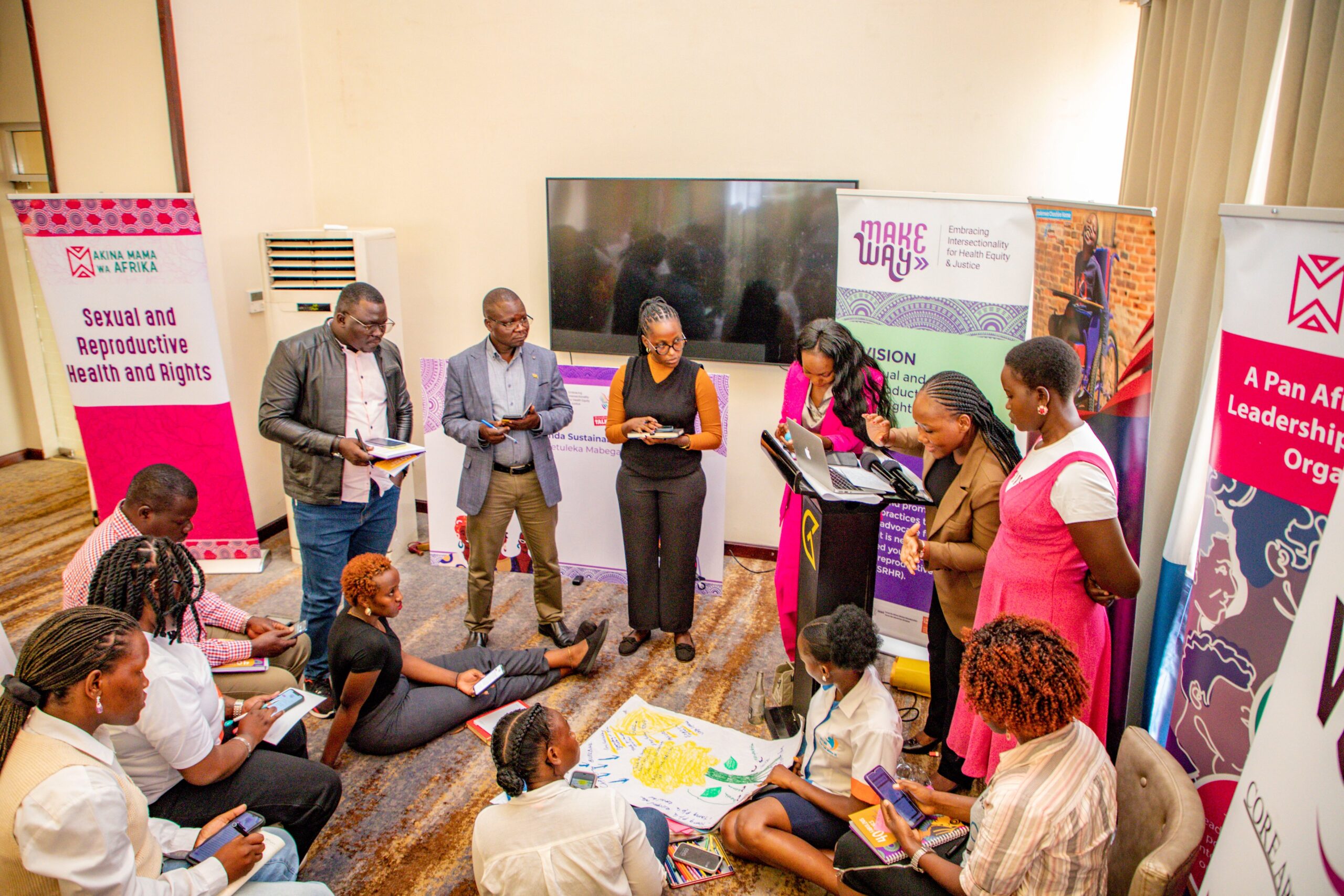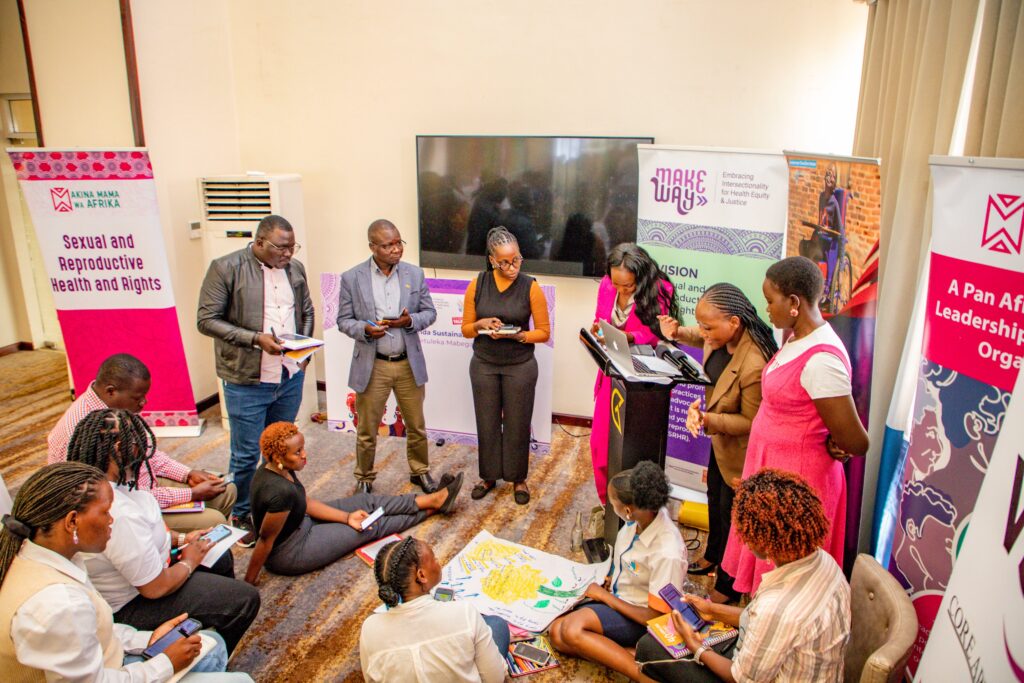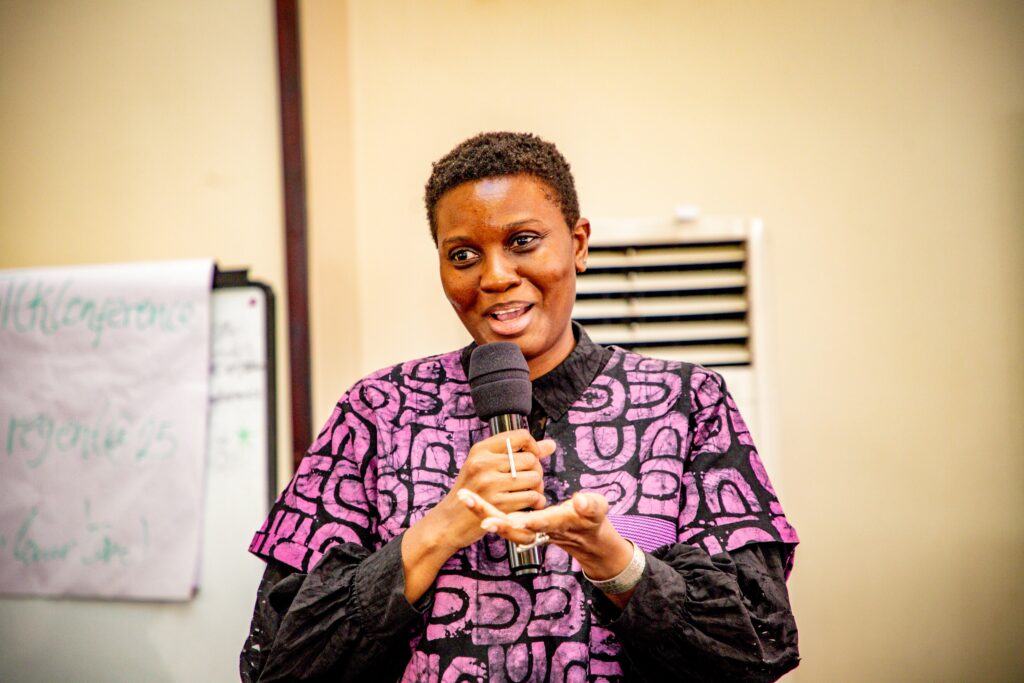
 Mama FM
Mama FM

 Mama FM
Mama FM
11 October 2025, 4:05 pm

By Annet Nakato.
Akina Mama wa Afrika (AMwA) has successfully concluded its five-year Make Way Project, which aimed to help young people better understand and access sexual and reproductive health and rights (SRHR) through an intersectional approach.
The project was launched after realising that many young people especially those living with HIV, young people with disabilities, queer youth, and young women faced challenges in getting SRHR information and services. Some feared seeking help because of stigma, judgment, or lack of understanding from service providers.
Through Make Way, youths across Uganda were trained to see how different forms of inequality affect access to health services. The project provided tools like the Intersectional Community Scorecard and created safe spaces for young people to discuss their issues, gather evidence, and present their needs to local leaders and health workers.
Over 1,400 young people from areas such as Gulu, Mukono, Kalangala, and Makindye Division benefited from the project. They gained skills to advocate for their rights, participate in decision-making, and engage with leaders to improve access to SRHR services.

Speaking at the project’s closing event in Kampala, Buky Williams, the SRHR Lead at Akina Mama wa Afrika, thanked all partners and participants for making the project a success.
“Throughout the project, we used practical tools like intersectionality sessions, policy analysis, and dialogues with religious leaders to ensure young people could meaningfully engage in decisions that affect their lives,” she said. Partners who supported the project included SRHR Alliance Uganda, VSO, Straight Talk Foundation, Katalemwa Cheshire Home, Alliance for Women, and Youth Champions.
Williams said the Make Way project has left behind a strong network of empowered youth who can continue advocating for better SRHR services in their communities